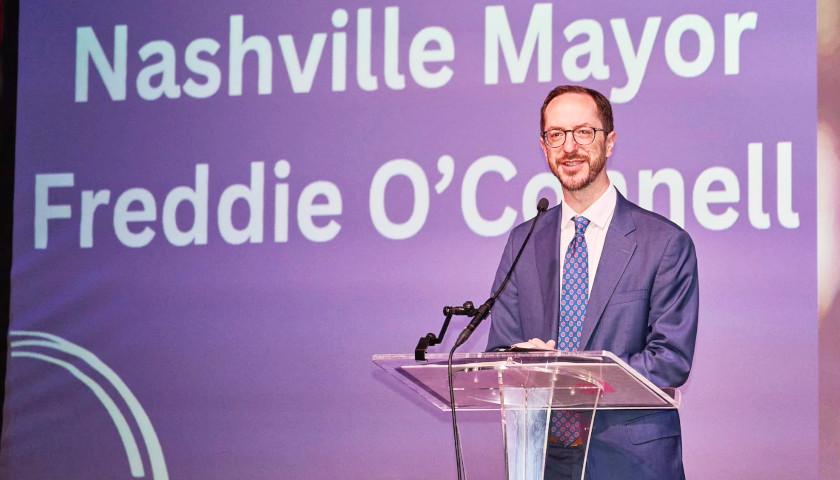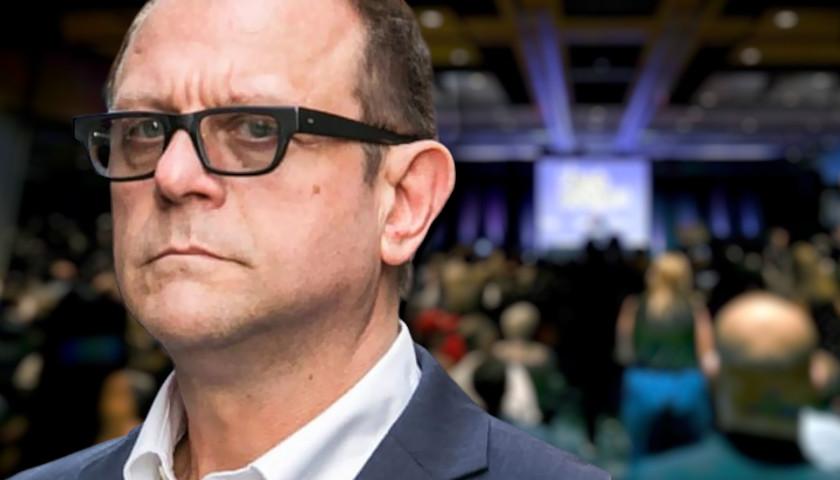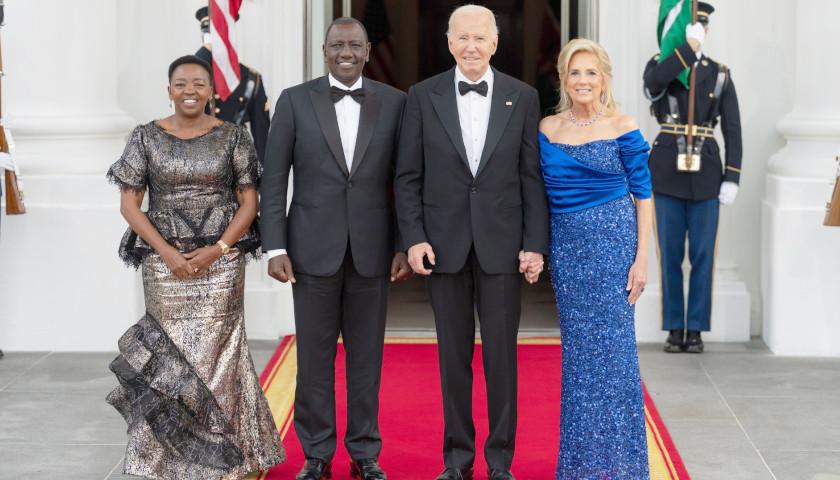Ron Shultis, the director of Policy and Research for both the Beacon Center and Beacon Impact, said Nashville Mayor Freddie O’Connell’s transit plan is subject to major changes if approved by voters on the November ballot.
O’Connell’s transit plan, “Choose How You Move: An All-Access Pass to Sidewalks, Signals, Service, and Safety,” would be funded by a half-cent increase in the city’s sales tax to construct miles of new sidewalks, bus stops, transit centers, parking facilities, and upgraded traffic signals around Nashville.
However, Shultis noted on Thursday’s edition of The Michael Patrick Leahy Show that the mayor’s plan does not offer specific details about the 15-year project as plans over the time span are subject to change.
Shultis specifically pointed to the plan’s addition of bus lanes that would “bypass traffic,” saying that the details of exactly where and how such lanes would be configured and worked into existing roads remain unclear.
“They’ve said that they want to try and add [bus] lanes…So I think there’s going to be a good chance, at least that they’re talking, about adding capacity. But the problem is that the plan doesn’t have to have that level of specificity,” Shultis explained.
“You’re just essentially approving a tax increase to fund some kind of transit proposal. What is actually implemented can change over the next 15 years, depending upon what the engineers decide to come up with. So we don’t really know exactly. Are they going to be only adding lanes? Are they only adding lanes and spots? Are they going to have to take away lanes and spots? That’s the fundamental question I think with a lot of this,” Shultis added.
Shultis, who published an article last week analyzing the pros and cons of the mayor’s transit plan, added that “there’s really no way to know” what the mayor’s plan would look like as voters will have to decide on the 15-year plan in a matter of months
“There’s really no way to know [the plan for bus lanes] because the main corridors, the biggest component and most expensive portion of the plan is what are deemed the ‘all-access corridors’ where they’re really going to try and implement this high level bus service, including bus rapid transit and having dedicated lanes, if possible, but their plan states to phase those in over 15 years. They have a lot of time to tinker with what exactly they’re going to do and how they’re going to do it, but voters have to decide on it in November. So there isn’t going to be that level of specificity,” Shultis said.
Shultis also addressed the effectiveness of the plan in attracting new passengers to public transit, saying that there appears to be a “build it and they will come” philosophy behind the plan.
“I think there’s an effort of ‘If you build it, we will come’ with some of this. I’m sure ridership would increase to some level because it would be more reliable. I don’t doubt that, but the fact that if you have a small increase off of a small number, that doesn’t mean it’s an in demand service. One of the things that we talked about in our analysis is: Do we even have the density to support a plan or a level of bus service like we do? That’s the fundamental number that determines whether or not a transit system is successful. So I think sometimes we get into these plans and think we can have the level of service of Chicago or New York, but then nobody really wants to live in that kind of density. So you’re trying to have your cake and eat it too,” Shultis said.
“So while we don’t know exactly what the ridership numbers would be, I would expect they would continue to overall stay low. I’m sure we would see an increase, but I think it’s a legitimate question of if it would be enough to sustain such an expensive operation,” Shultis added.
Shultis also noted that the overall convenience of public transit is significantly lower than that of private transportation.
“Nobody wants to take a bus unless it’s way more convenient than taking your car because your car gets you exactly from where you are to exactly where you want to go. Whereas a bus usually means you have to go to someplace to get the bus to then take the bus to get somewhere probably fairly close, but maybe not necessarily right where you want to go. So that’s always the fundamental problem with public transit is that unless you make it more convenient, there’s really not as much of an incentive to take it whether it’s a bus or train or anything like that,” Shultis said.
– – –
Kaitlin Housler is a reporter at The Tennessee Star and The Star News Network. Follow Kaitlin on X / Twitter.
Photo “Freddie O’Connell” by Freddie O’Connell, Mayor of Metropolitan Nashville & Davidson County.




